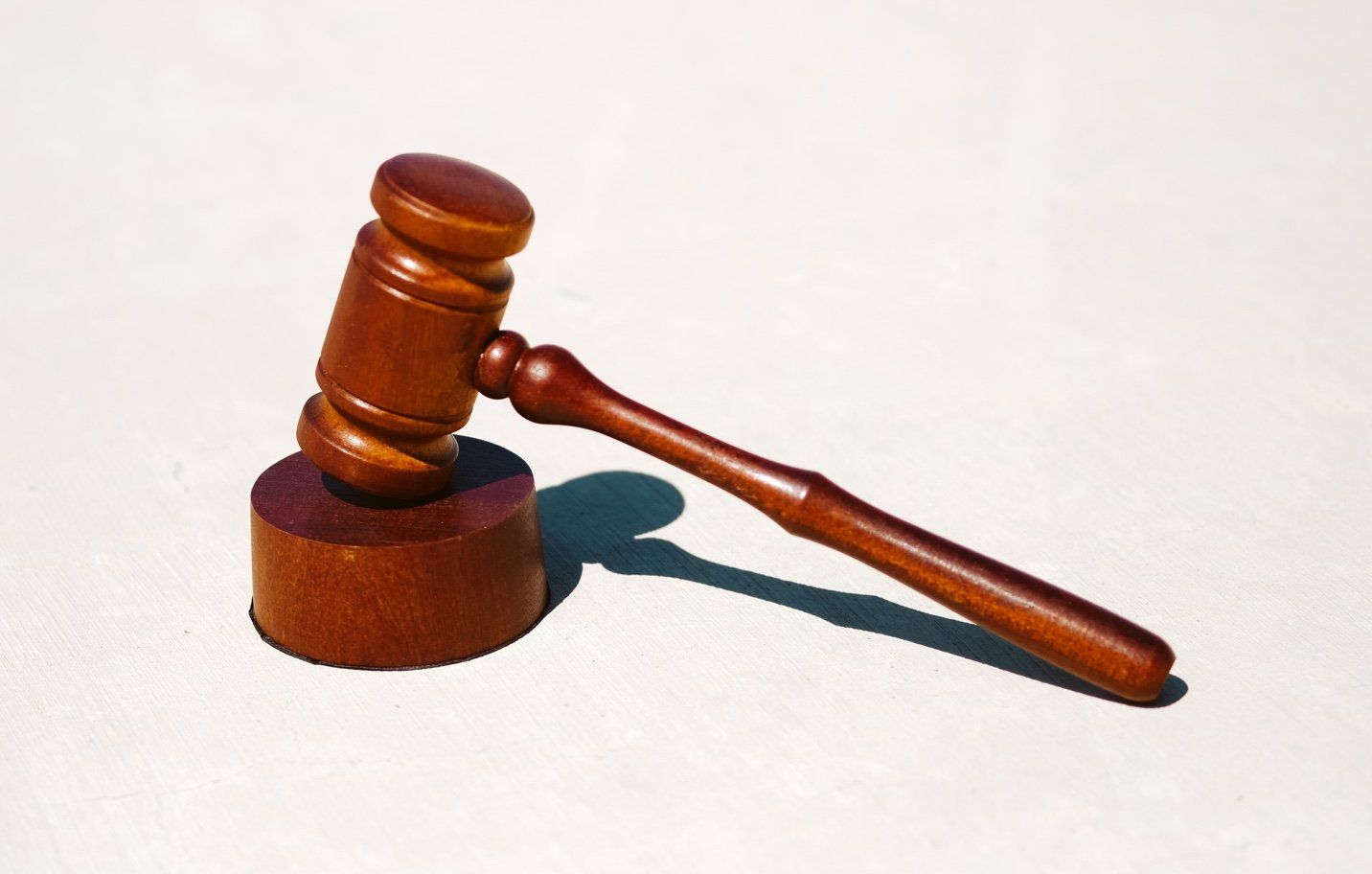Probate Vs. Trust
Probate Vs. Trust: Why Probate May Be the Better Choice for Your Estate Plan
What Is Probate?
Probate is the court-supervised process of validating a will, paying off debts, and distributing a deceased person’s assets. It ensures that the deceased’s wishes are carried out in an orderly manner, with legal oversight to protect beneficiaries and ensure proper administration.
What Is a Trust?
A trust is a legal arrangement where one party (the trustee) holds and manages assets on behalf of another party (the beneficiary). There are various types of trusts, such as revocable and irrevocable trusts, which can be tailored to fit different needs. The most common type is a revocable living trust, which allows you to manage your assets during your lifetime and then seamlessly transfer them upon your death without going through probate.
The Benefits of Probate Over Trusts
Court Supervision Provides Transparency
Probate is a court-supervised process, which means there is greater transparency and accountability in managing an estate. This oversight helps ensure that the executor or personal representative manages the estate according to the law and the terms of the will. For families concerned about the fair handling of assets, probate offers a structured process where beneficiaries can see how decisions are made.
Reduced Risk of Fraud or Mismanagement
Since probate involves court oversight, it minimizes the risk of fraudulent activities or mismanagement of the estate. Trusts, on the other hand, are managed privately by a trustee, which can sometimes lead to concerns if the trustee is not acting in the beneficiaries' best interests. Probate provides a layer of protection by requiring formal reports and documentation of how the estate is handled.
Addresses Disputes Fairly and Efficiently
If disputes arise regarding the validity of a will or the distribution of assets, probate offers a clear legal process for resolving them. The court's role in probate can ensure a fair outcome and help prevent drawn-out family conflicts. With trusts, resolving disputes can sometimes be more complex and may require litigation outside of the structured probate process.
Validates the Will
Probate is essential for verifying the authenticity of a will. If there are concerns about whether a will is valid or if multiple versions exist, probate ensures that the latest and most legally binding document is followed. This can prevent confusion and disagreements among beneficiaries, providing a clear resolution that respects the deceased’s wishes.
Ensures Debts Are Settled Properly
Probate helps ensure that all debts, taxes, and other financial obligations of the deceased are settled before assets are distributed to beneficiaries. This prevents creditors from making claims against beneficiaries after they’ve received their inheritance. In contrast, with a trust, if debts or taxes are not properly addressed, beneficiaries might face unexpected financial liabilities.
Cost-Effectiveness for Simple Estates
While the probate process can sometimes be lengthy and involve fees, it can be more cost-effective for smaller, less complex estates. The upfront costs of creating and maintaining a trust may not be necessary for families with straightforward assets. For these cases, probate provides a simpler and more affordable way to handle estate distribution.
No Need for Extensive Planning
Trusts require detailed planning, drafting, and sometimes continuous management, especially if the trust is set up to manage assets for beneficiaries over time. Probate, however, allows for the simpler creation of a will, which can be more accessible for families who don’t want to navigate the complexities of trust law.
When Probate Might Be the Right Choice for You
Choosing between probate and a trust depends on your specific situation, but probate may be better if:
- You want court oversight to ensure fairness and transparency in how your estate is managed.
- Your estate is relatively simple and doesn't require complex management or ongoing arrangements.
- You prefer to avoid the upfront costs associated with setting up a trust.
- You anticipate potential disputes among heirs, where having a court-supervised process can help resolve issues smoothly.
Practice Areas
Get in Touch
Find Us
180 North Ocoee St.
Cleveland, TN 37311
Business Hours
- Mon - Thu
- - -
- Fri - Sun
- Closed
All Rights Reserved | Ashley L. Ownby Attorney at Law | Powered by Flypaper | Privacy Policy






